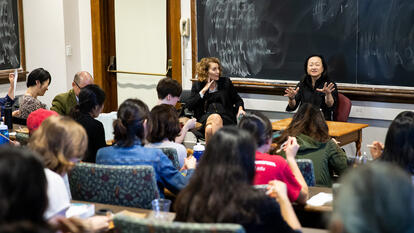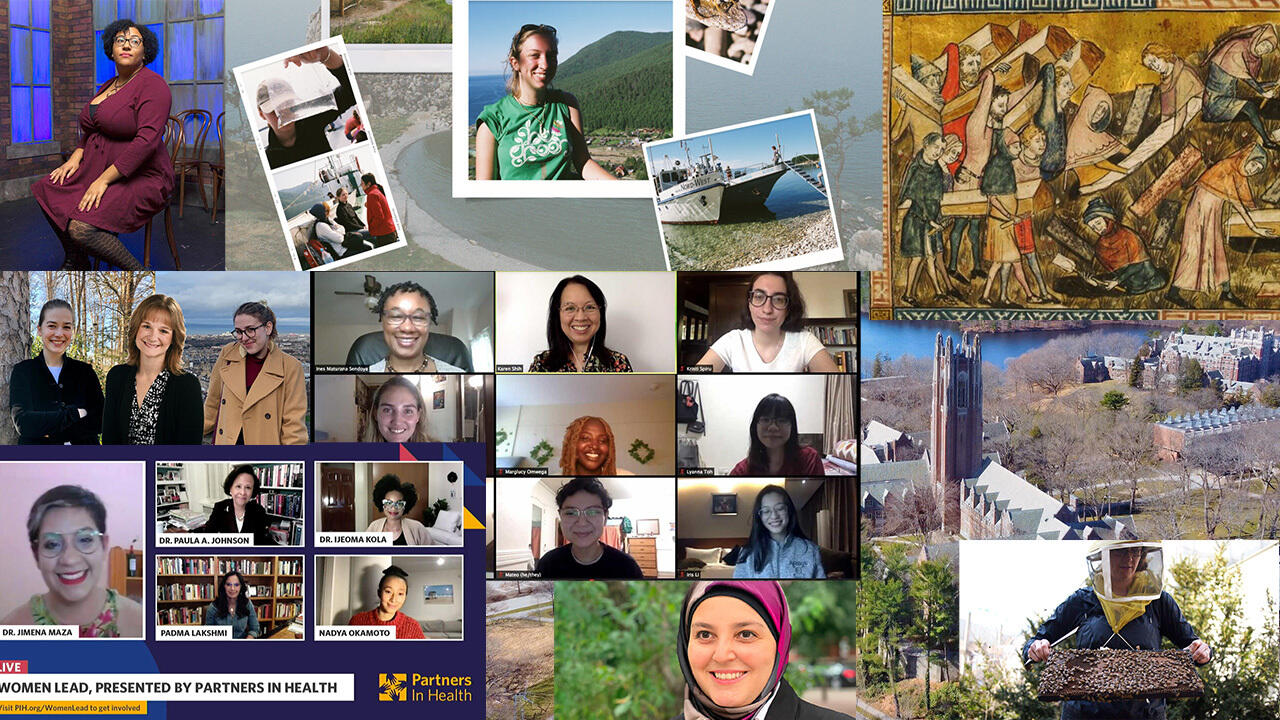
2021 Year In Review
Here’s to 2022! To welcome the start of a new year, we take a look back at some of our favorite Wellesley stories from 2021.
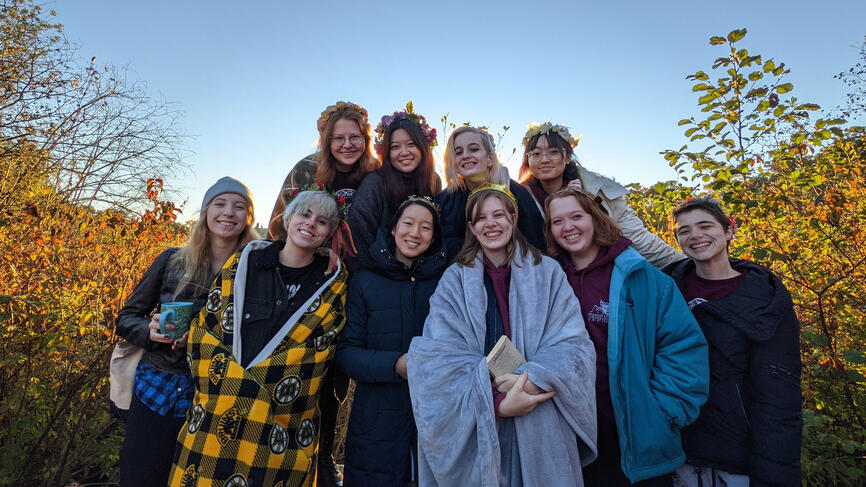
Reunited and It Feels So Good: Photos and Reflections from the Fall Semester
Members of the Wellesley community lived, learned, and worked on campus this fall for the first time since the start of the pandemic and they reflected on what it was like to be back on campus after 18 months apart—the joy so many students, faculty, and staff feel being together again was palpable.
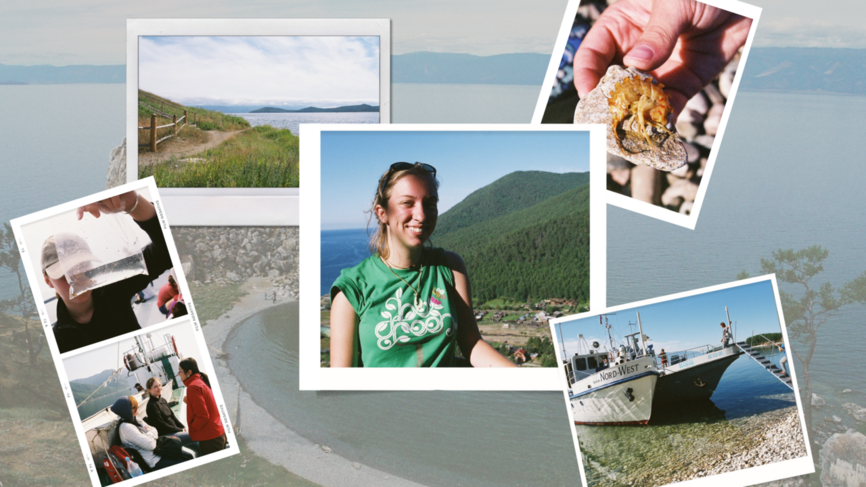
“This One Time in Siberia”: Reflections on the 20th Anniversary of Wellesley’s Lake Baikal Program
Lake Baikal: The Soul of Siberia was first offered as a hybrid Russian area studies and environmental science course in 2001, the brain child of biology professor Marianne Moore and Russian professor Thomas Hodge. This year marked the twentieth anniversary of the course, and in the past two decades nine groups of students and faculty have made the 5,921-mile journey. Here, we share their memories and perspectives on how the course impacted their lives.
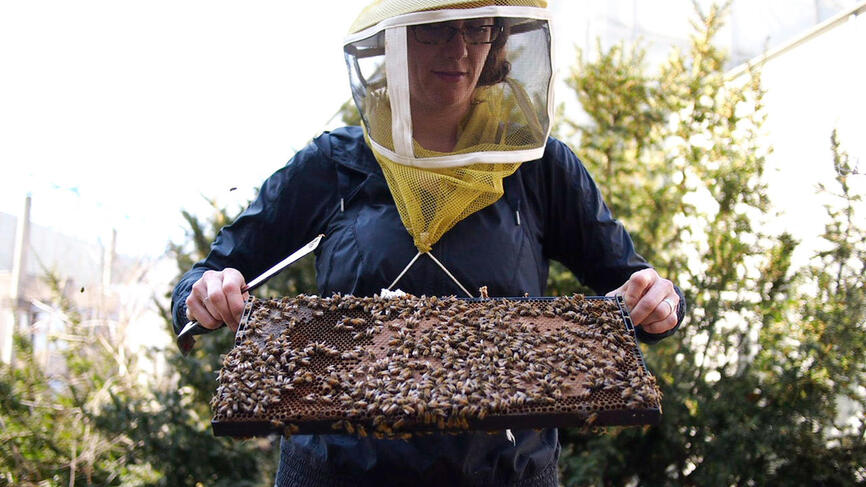
How Bees Tell Murder Hornets to Buzz Off
Heather Mattila has had a busy year. Last December, she published groundbreaking new research detailing how honey bees use tools to spread dung on the entrances of their hives to protect themselves from giant hornets. Now, the associate professor of biological sciences at Wellesley is building on her knowledge of the defense systems of honey bees, this time with a paper in Royal Society Open Science about the alarms honey bees sound to alert the hive when a giant hornet attacks.
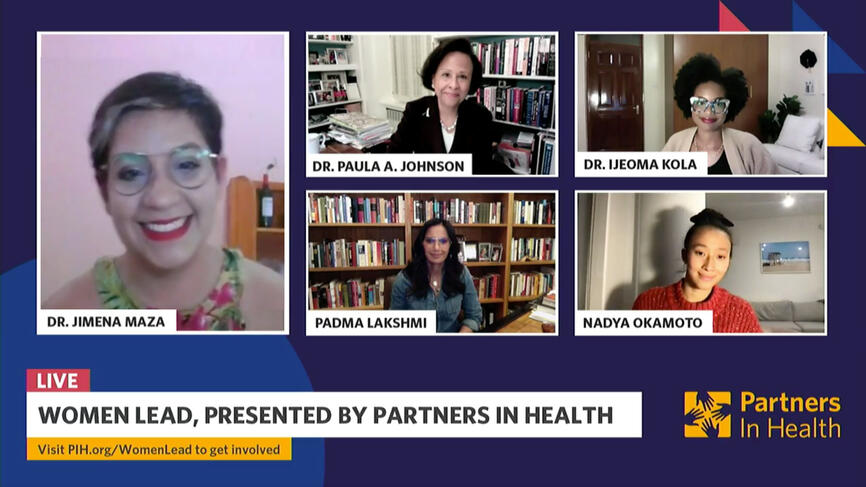
Women in Leadership: President Johnson Joins Conversation to Recognize International Women’s Day
On March 8—International Women’s Day—Wellesley President Paula A. Johnson took part in a panel sponsored by Partners In Health (PIH) on the topic of this year’s theme, “Women in Leadership: Achieving an Equal Future in a COVID-19 World.” She was joined by Ijeoma Kola, public health historian and founder of Cohort Sistas; Padma Lakshmi, TV host, producer, author, and UN Goodwill Ambassador; and Nadya Okamoto, author and founder of August and PERIOD. Dr. Jimena Maza, director of teaching and clinical care at PIH Mexico, moderated the conversation.
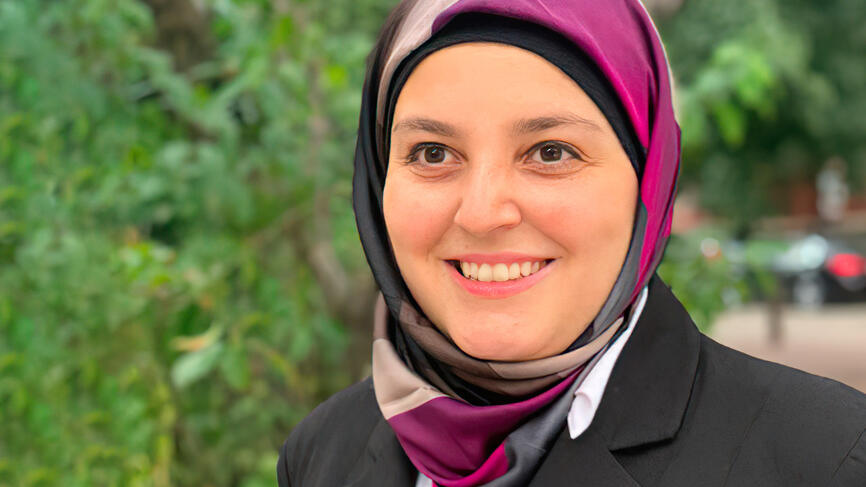
Mona Minkara ’09 Documents International Travel as a Blind Person
Mona Minkara ’09, a Boston-based research scientist and professor, approaches international travel with equanimity and fearlessness, as anyone should when embarking on a journey to an unfamiliar city. What differentiates Minkara, however, is that she is blind, and she has turned her adventures into a documentary series about public transportation accessibility around the world.

“The College is proud to announce a bold and holistic approach to addressing climate change that includes a comprehensive plan for Wellesley to achieve carbon neutrality by 2040; endowment action to prohibit new investment in fossil fuel funds; and adoption of a set of carbon-reducing community actions approved by students, faculty, and staff,” Wellesley President Paula A. Johnson and Debora de Hoyos ’75, chair of the board of trustees, wrote in an announcement to the College community on April 30.
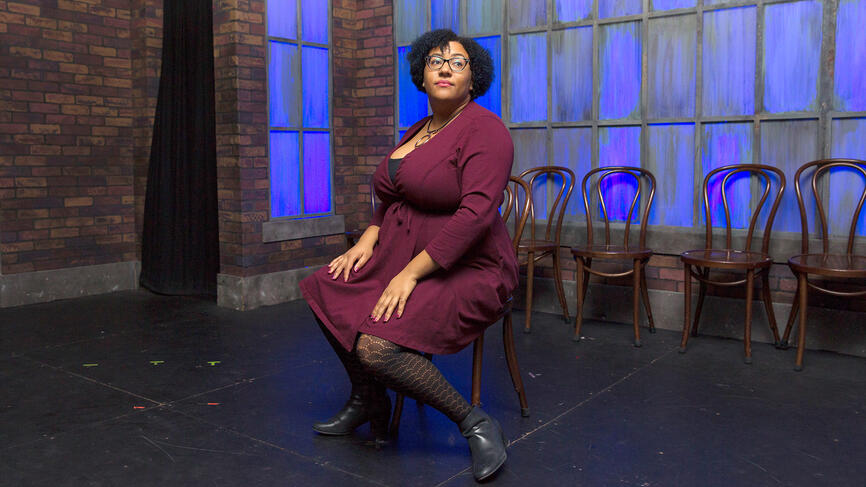
From Dead Serious to John Oliver: The Comedy Journey of the Emmy-Nominated Ali Barthwell ’10
A career in comedy may have seemed like an obvious choice to those who knew Ali Barthwell ’10 at Wellesley, where she was a co-president of the improv group Dead Serious and gained notoriety for her hilarious contributions to every thread on the FirstClass message board Community. But apparently that was not so for her parents. “My parents are both doctors, so they were like, ‘What the––?’” she said. Even Barthwell, now an Emmy Award winning staff writer for Last Week Tonight with John Oliver, wasn’t sure about what she wanted to do.
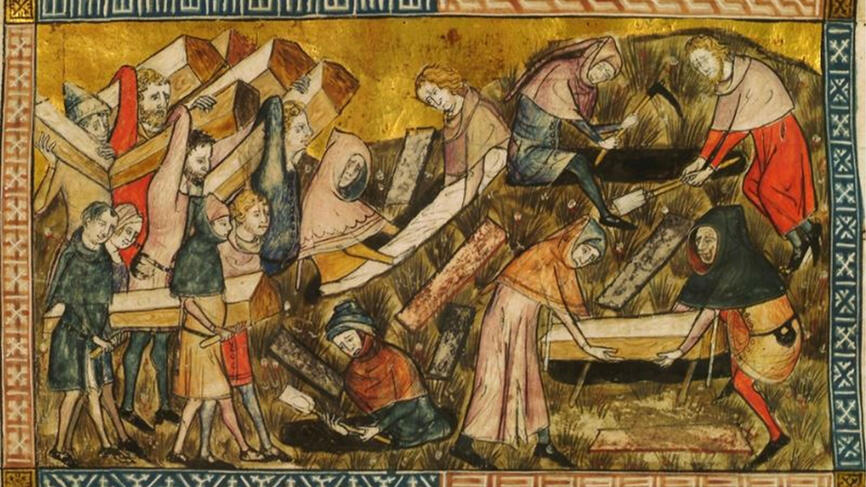
Three Wellesley Professors Teach Students to View the Pandemic Through a Historical Lens
“We tried to give students a sense of how scholars of history, art history, and various other disciplines have been using epidemics to gain insights into the workings of the communities that experienced them,” Simon Grote, associate professor of history, said.

Americans are perhaps more polarized today than at any time since the Civil War. Still, there are Americans who do maintain relationships across moral and political divides. What makes that sort of cooperation and friendship possible? That is what Angela Bahns, associate professor of psychology at Wellesley, and her student researchers, Mira Carlinnia ’21 and Olivia Postel ’21, are trying to understand through their research into civil disagreement and “thought diversity,” which Bahns defines as dissimilar views on moral and political issues within friendship pairs.
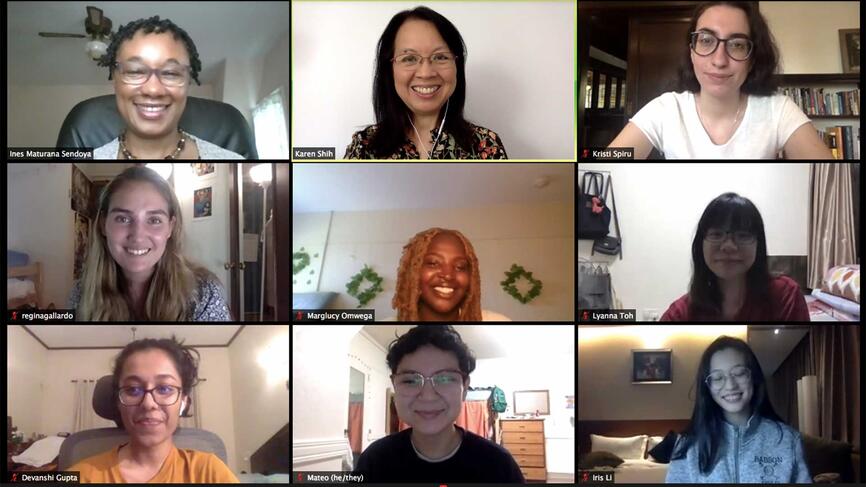
Student Facilitators Are Helping to Shape the Conversation at Wellesley
In a moment when holding difficult conversations seems increasingly challenging, Wellesley students are contributing to a growing initiative to build connections across difference and start inclusive discussions throughout the College community. The Inclusion Initiative, housed within the Office of Intercultural Education, promotes cross-cultural conversations at Wellesley around issues of identity. Each year, the office trains a group of paid peer facilitators to lead 90-minute workshops on topics such as oppression and privilege, racism, socioeconomic status, gender, sexual orientation, immigration, and disability and ability awareness.



